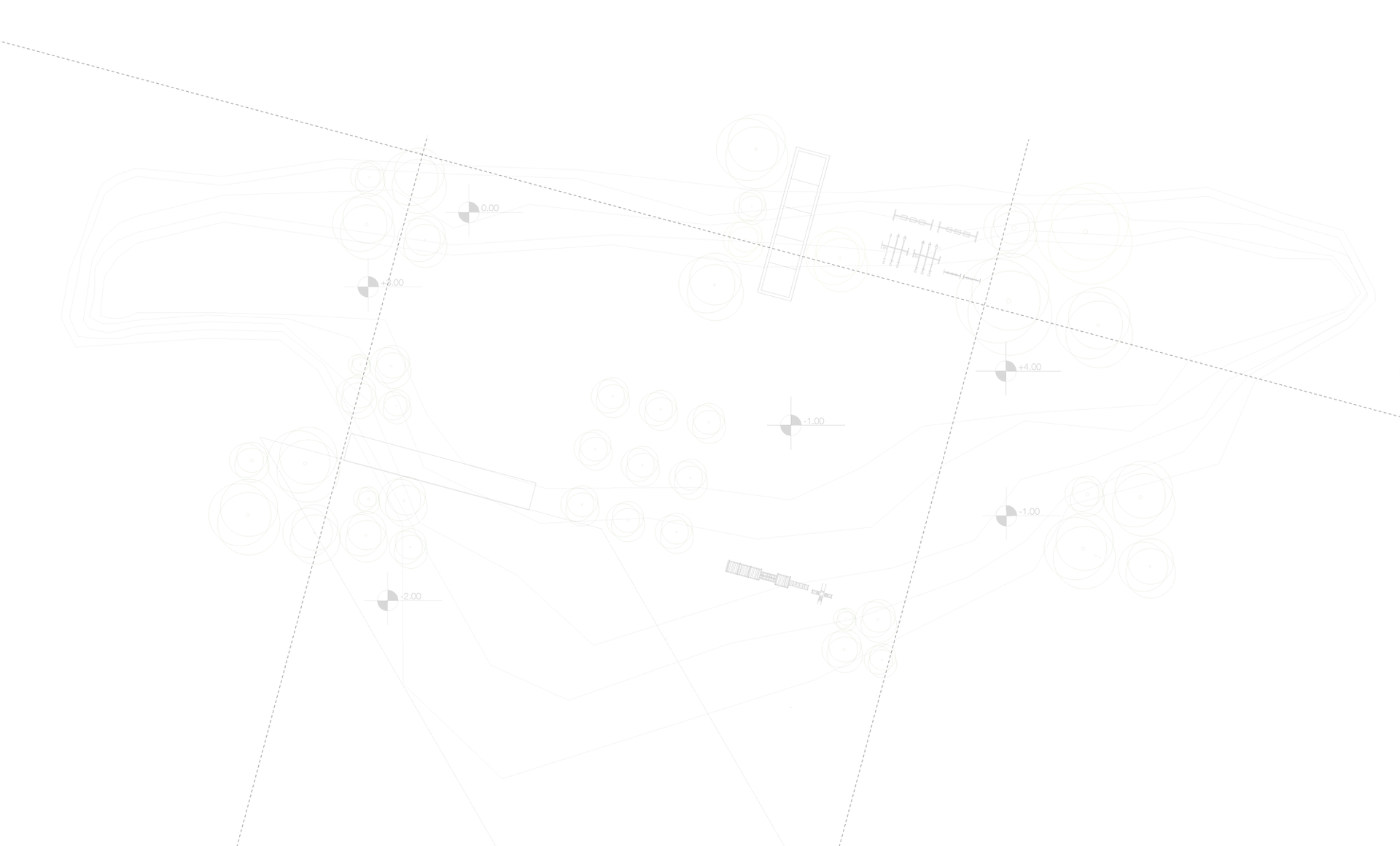
New Urbanist Blacksburg
by Max Rooke & Lonnie Hamilton III
Upzoning for Density
Priority: Moderate | Cost: Low | Implementation: Short
Land use directly contributes 8% to global greenhouse gas emissions. This often comes from converting natural greenspace into human settlement. However, while only making up 8% of global emissions, land use can also shape fossil fuel emissions that make up 85% of global greenhouse gas emissions (Blacksburg Climate Action Plan, 2016). Therefore, it is paramount that Green New Deal funding be directed to ameliorate land use-based greenhouse emissions within the Town of Blacksburg.
One way to address this issue is increasing the density of housing in town. It is more expensive and wasteful to provide utilities like water and electricity to spread out areas. This means that an apartment building is less expensive to provide these same resources to per capita than a single-family home. Likewise, this means that greenhouse gas emissions from denser areas are lower per capita than their single-family home counterparts. This is augmented by the fact that denser areas are more conducive to travel via alternative transportation methods like public transit, walking, and biking, all of which emit less than automobiles per capita or emit nothing at all.

Source: Lonnie Hamilton III, using graphics from the Town of Blacksburg

Source: Lonnie Hamilton III, using graphics from the Town of Blacksburg
In the interior parts of the town, particularly the neighborhoods directly north of Virginia Tech’s campus and directly east of downtown, density needs to be increased. It is best done here because it is walking/biking distance from major employment centers and amenities at the town’s heart. The town’s population is already growing quickly and these are some of the better places for new residents to locate if the town wants to prevent an increase in greenhouse gas emissions and traffic.
However, the town also recognizes that these neighborhoods have a charm to them that may be lost by the construction of large apartment buildings. Therefore, instead the town would legalize triplexes. The town already allows accessory dwelling units (also called granny flats) to be built on single-family housing lots (Town of Blacksburg, 2017). This would enable a second accessory dwelling unit to be built. Additionally, houses could be subdivided or small apartment buildings could be constructed so long as they are limited to three households.